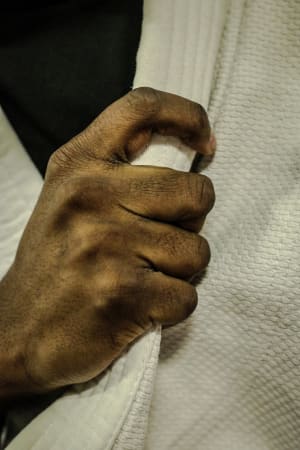
In recent years, Judo has been experiencing a significant resurgence, with renewed interest from martial artists and enthusiasts around the world. Much of this revival can be attributed to the rising popularity of Brazilian Jiu-Jitsu (BJJ), which has led many practitioners to explore Judo's rich techniques and history. Here’s how BJJ is playing a pivotal role in bringing Judo back into the spotlight.
1. Judo’s Foundational Role in the Birth of Brazilian Jiu-Jitsu
Judo, founded by Jigoro Kano in 1882, is the cornerstone upon which Brazilian Jiu-Jitsu (BJJ) was built. The Gracie family in Brazil, who are credited with developing BJJ, were deeply influenced by Judo’s techniques, particularly its focus on throws, joint locks, and submissions. They adapted these techniques to create a martial art that emphasizes ground fighting and positional control. This historical connection between Judo and BJJ is a testament to Judo's lasting impact on modern martial arts and highlights why Judo remains relevant today.
2. Brazilian Jiu-Jitsu's Popularity Fuels Judo's Resurgence
The global explosion of BJJ has inadvertently sparked a renewed interest in Judo. As BJJ practitioners seek to enhance their skills, many are turning to Judo to improve their stand-up game, particularly in the areas of throws and takedowns—skills that are less emphasized in BJJ. This cross-training has led to a resurgence of Judo, as martial artists recognize the value of incorporating Judo’s powerful and efficient techniques into their repertoire. The growing number of Judo seminars and workshops aimed at BJJ practitioners is a clear sign of this trend.
3. Olympic Influence and the Complementary Nature of Judo and BJJ
Judo’s long-standing presence in the Olympic Games has also played a significant role in its resurgence. The visibility and prestige of Judo on the world stage have made it an attractive option for BJJ practitioners looking to broaden their skills. The Olympics provide Judo with a global platform, showcasing its dynamic throws and competitive spirit. This exposure, combined with the complementary nature of Judo and BJJ, has led to increased interest in Judo from the martial arts community. Practitioners who cross-train in both disciplines find that Judo’s emphasis on balance, leverage, and timing greatly enhances their overall grappling abilities.
Conclusion
The resurgence of Judo is a testament to its enduring value and relevance in the world of martial arts. Fueled by the rising popularity of Brazilian Jiu-Jitsu, more practitioners are discovering the benefits of Judo's techniques, leading to a renewed appreciation for this ancient art. As Judo continues to gain momentum, it not only strengthens its connection to BJJ but also ensures its place as a vital component of modern martial arts training. Whether through Olympic exposure or the influence of BJJ, Judo is once again stepping into the limelight, proving that its principles and techniques are as powerful today as they were over a century ago.


